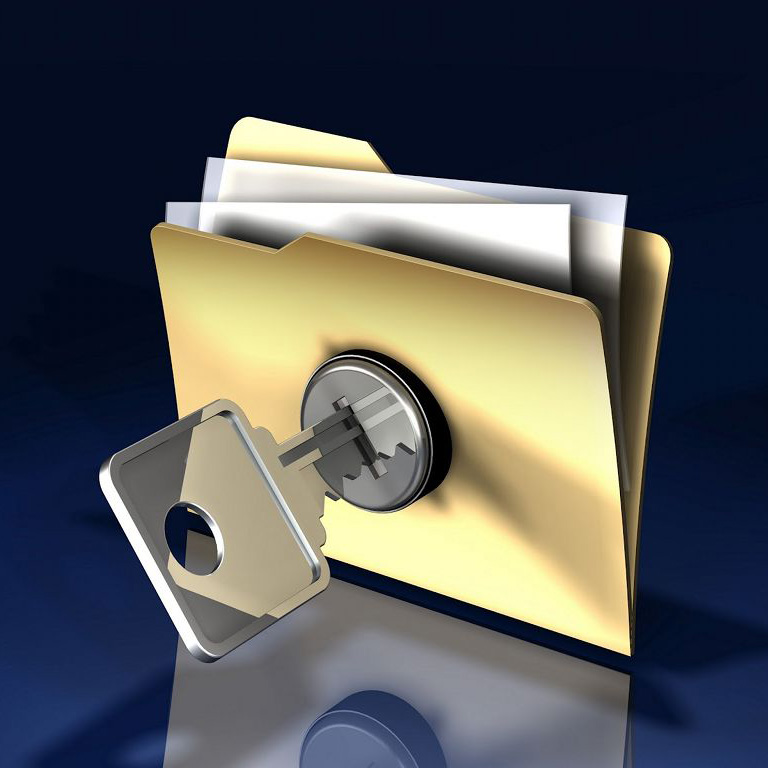The grant proposal review process is much like recruiting candidates for an open employment position. Reviewers have a limited amount of time to sift through a hefty amount of information and quickly narrow the faction down to the applicants most deserving of further consideration. A poorly completed proposal can be thrown without a second look.
The great grant proposals stand out from the poor and the good ones alike in some very identifiable ways. They usually contain careful attention to detail and strategic alignment of the goals and priorities between the requestor and the grantor. An article on www.grantwriters.net shares five factors that can identify winning grant proposals and set them apart from those that fail to secure funding.
1. They are meticulously thorough and address all the grantor’s requirements.
Often, proposals are successful in establishing the value of the organization making the request, but fail to thoroughly address the expectations of the grantor. It is important to address the specific requirements set forth by the granting agency. Tailor the request to the audience, so to speak.
Templates are commonly used to repurpose key messages and information for grant proposals. While that can be extremely efficient to streamline the process of multiple grant proposals, developing a system to track the specific requirements of each funding agency will carry your proposal even farther.
2. They focus on opportunity and capacity to build a better tomorrow rather than on the bleakness of any given present.
It may be tempting to show how badly you need the funding but that approach is not advantageous when trying to win over the reviewer. It would be more effective to demonstrate how your organization plans to use the funds to further its mission. Use illustrations that show concrete and quantifiable improvement.
Give specific intentions to allocate the money in programs, services, and other offerings. Funders need to see how the money will be put to use rather than the case you make for your cause. Present yourself as a problem solver first and a messenger second.
3. They establish how your organization is especially equipped to meet the community and the funder’s needs.
Your brand and your value must come through. You can choose to do a concise “about us” introduction or interlace information about your organization throughout the proposal, but don’t ever assume that the organization’s reputation will speak for itself.
The grant reviewer may or may not be familiar with your organization and many organizations very similar in name and in purpose may be going after the same grant. Show what sets your organization apart from all the rest.
4. They know exactly who they are talking to.
It pays to do a little research. Highlight the ways that your goals and mission align with theirs. Be careful not to appropriate the funders goals making them fit your organization’s needs. Use your message to show the organization’s natural fit and alignment with the funder.
5. They are thoroughly vetted and reviewed before submission.
Grant writing isn’t like other types of persuasive writing. It has its own language and rules. Establishing an editorial process can be crucial. Have someone, or may people, review your work during production to ensure that your final proposal is as close to flawless as possible.
Sometimes grant writing can feel like a shot in the dark but following some best practices like the ones here will surely bring you closer to the winner’s circle. Always remember that there are grant writers and grant writing resources available to help you if you feel you don’t have the time or the aptitude to do it alone.
(Compiled from “To Win or Not to Win?” from the grantwriters.net website)



